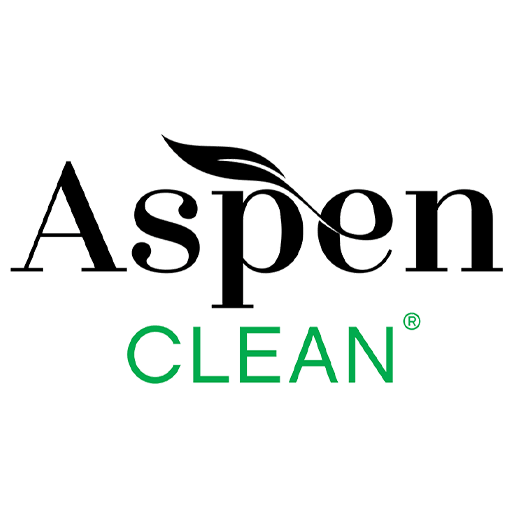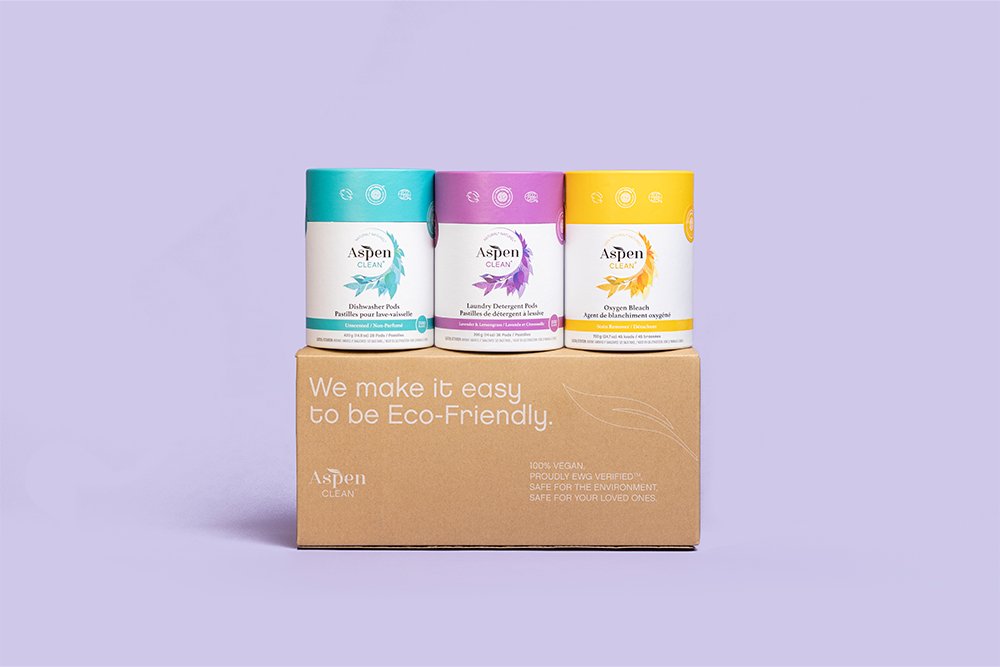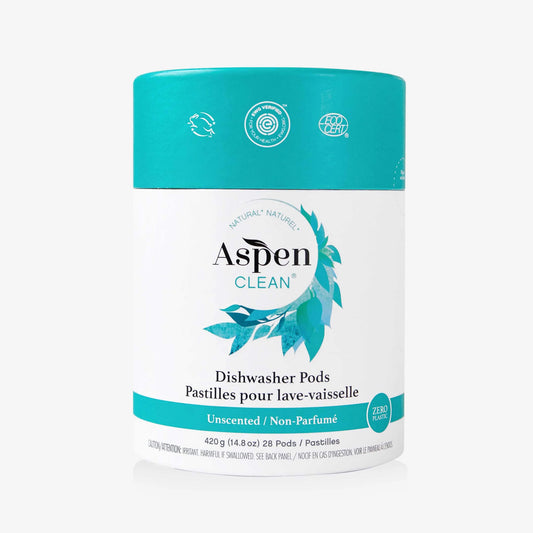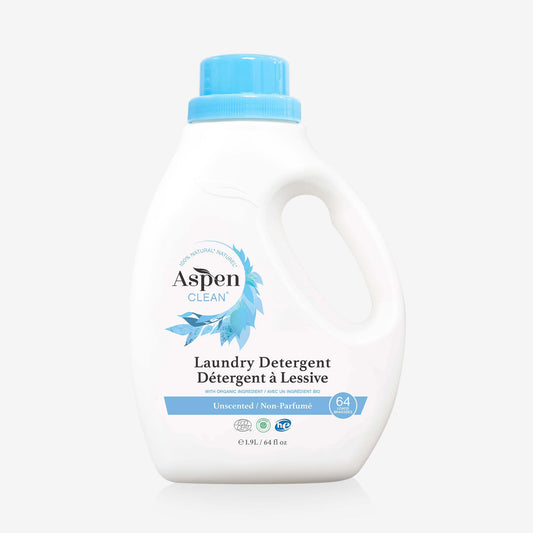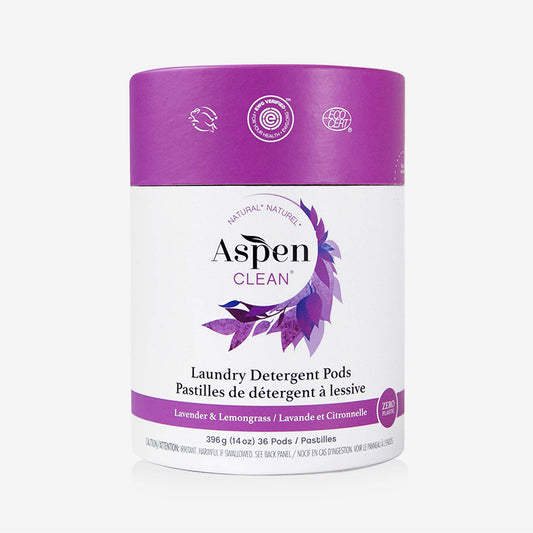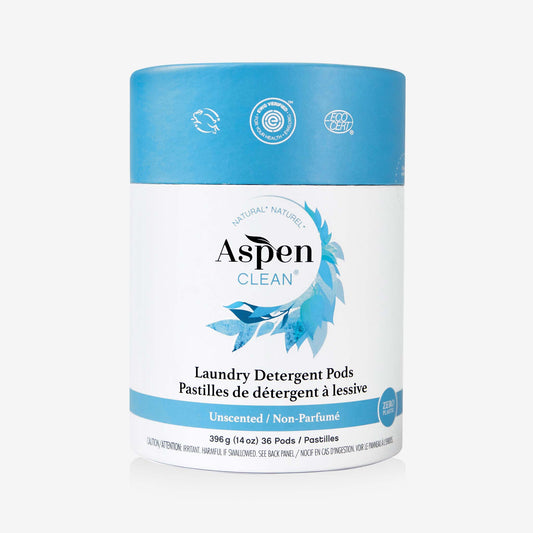What is Plastic-Free July?
Plastic-Free July is a fantastic movement created, in Australia, by a non-profit called ‘The Plastic Free Foundation.’ Their goal is to encourage people around the world to become more aware of and reduce their single-use plastic waste so that we can have cleaner streets, oceans, and communities.
In 2021, over 140 million people from 190 countries took part in it, and today this number is even more significant, with participants making changes outside of July and far beyond just plastic waste reduction.
Having a completely plastic-free month may sound impossible, but it doesn't have to be. Making small changes to your everyday life, such as using a reusable coffee cup or a bamboo toothbrush, can make a big difference in the long run. So don’t be too hard on yourself if you feel you can't go entirely plastic-free this year.
If you want to join the movement, you can sign up on the Plastic-Free July website. You’ll also find so many awesome ideas and resources on the website to help you reduce your plastic waste there.
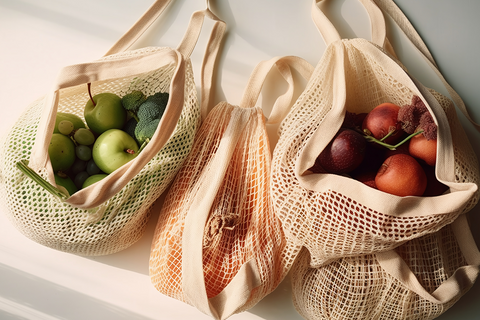
Why should we go plastic-free?
Plastic is made from fossil fuels, which means that it is a non-renewable material and, as a result, is not sustainable.
Plastic has been in our lives for a little over a century and is the ‘go-to’ material for many everyday items like bags, drinks bottles, straws, packaging, etc. What’s shocking is that every bit of plastic we’ve made over the past 100 years for these everyday items is still on Earth today. Indeed, plastic is not biodegradable and can take up to 500 years to break down.
You may not know, but only 9% of worldwide plastic is recycled. Instead, most of our plastic ends up in a landfill or is broken down by the sun, creating microplastics - neither beneficial to us nor our environment.
The negative effects of plastic pollution and the impacts of drilling for fossil fuels to create it in the first place are the reasons why we need to reduce the use of plastic drastically and as soon as possible.
Plastic Free July is not just about getting rid of all your plastic - it’s also focusing on reducing single-use plastic at all costs.
1. Single-use plastic
Reducing single-use plastic is a vital step towards living a sustainable life and helping to protect our planet. In Canada, the Canadian Government is already rolling out bans on some single-use plastic items such as coffee cups, grocery bags, straws, and plastic cutlery: a small step in the right direction.
2. What is zero-waste living?
Plastic-Free July encourages people to look at their waste and participate in plastic-free challenges throughout the month. Bonus point: this movement also makes people think about their waste on a bigger scale.
Have you ever stopped to notice how much garbage you create? Or what you’re throwing out exactly? Let’s look at how we can take Plastic-Free July a step further by moving towards living a zero-waste lifestyle.
Don’t worry! As always, these are steps to do in small, manageable chunks - they will not completely change your life immediately.
First, let's clarify some terms: We frequently inquire whether zero-waste and plastic-free are synonymous. In brief, the answer is no. While being plastic-free is a component of zero-waste, it does not encompass the entirety of it.
Let's revisit the scenario where it's Plastic-Free July, and you're considering getting rid of all your plastic items. However, doing so would actually result in increased waste, contradicting the goal of a zero-waste mindset. Instead, if you're striving for a zero-waste lifestyle, a better approach would be to hold onto your plastic items for as long as possible and find new purposes for them until they can no longer be used.

3. Why do we need zero-waste living?
A zero-waste lifestyle means reducing all types of waste - to help reduce our ecological footprint.
The Plastic-Free July movement leads to a notable consequence: a rise in recycling waste. This outcome is predictable since individuals aiming to reduce plastic usage often choose products packaged in recyclable materials like cardboard. At first glance, this may appear preferable, but its actual environmental superiority needs to be more evident in practice.
In recent years the effectiveness and economic viability of recycling have come into question.
More and more countries that were once accepting our waste for recycling are now refusing it because the demand for recycled materials does not match the cost of cleaning and processing it. This means that a lot of what we are putting into recycling could end up in a landfill anyway, especially if we aren’t recycling it properly.
Have you ever heard someone talk about the ‘Rs’? Recycle. Refuse. Reduce. Reuse. As recycling becomes less effective, we need to shift our focus to the other Rs. Refusing, reducing, and reusing are the underlying principles of a zero-waste lifestyle.
Tips for starting a zero-waste lifestyle
1. Don’t throw plastic away
As promised, here are some tips on how to make the most of your plastic. If you don’t like using plastic containers for food, use them to organize and store other items such as stationery tools, tools, and hair accessories. If you can’t find another use for your plastic, sell, swap, or donate them.

2. Create a zero-waste toolkit for home
You’ll have noticed that a lot of the waste we deal with daily is the packaging. But there are alternatives to packaging. More and more bulk and zero-waste stores are popping up, making it easier to shop waste-free with minimal compromise of convenience.
The list below is not exhaustive, but it’s a good start with some easy wins:
- Use tote bags to replace the need for plastic bags, but if you already have plastic bags - use and reuse them until you can’t anymore!
- Lightweight produce bags for loose items such as leafy greens or smaller fresh items like berries, a bag or container is a good idea.
- Use jars and reusable containers for purchasing dry bulk goods such as snacks, nuts, and baking supplies.
- Beeswax wraps are a good replacement for plastic cling film, but putting food in a container works well too.
- Absorbent microfiber cloths to replace paper towels - overall, it’s even cheaper.
- Reusable pump, squeeze, and spray bottles for personal care items like soap and home cleaning solutions. If the bottles in your home are refillable, consider washing and reusing them.
3. Be prepared with a portable zero-waste toolkit
Fast food and take-outs are also large sources of waste. The easiest way to avoid single-use plastic when you are out and about is to prepare food from home or eat at restaurants when possible. Just be sure to look at what the food is served in – many places still serve eat-in meals with plastic cutlery, straws and disposables, so maybe add that to your selection criteria when picking where to eat.
If you’re looking to take things further, here are some zero-waste food basics to hand:
- Reusable coffee cups
- Refillable drinks bottles
- Reusable cutlery
- Metal, bamboo, or silicone drinking straws
- A reusable take-out container for leftovers.
Where to shop for zero-waste?

1. Produce & farmer’s markets
Farmers and produce markets are great places to source fresh produce – not only for zero-waste but also to support our local community and reconnect with local produce. Vendors and independent market owners are generally more open to accommodating your zero-waste requests, especially if you develop relationships with them.
2. Regular stores
If you can’t make it to specialty stores and markets, you can also find solutions at traditional grocers. Some grocers such as Whole Foods Market, Loblaws, and Save-on-Foods have a small bulk food area selling dry goods. If you do get stuck and need to buy something packaged, opt for something you can reuse (such as a glass jar) or something that can be recycled (such as aluminum, cardboard, or hard plastics).
How to recycle in Vancouver?
Despite your best efforts, your first attempt at zero-waste will likely leave you with some waste. We’ve been trying for a while now and still have waste to deal with.
Hopefully, some or all of that waste will be recyclable. As we saw earlier, recycling is far from a perfect solution, but it is still an option worth taking.
A big issue with recycling is contamination, so if you have items left to recycle, ensure they are accepted by your local council’s curbside recycling program and are washed and sorted accordingly. If curbside recycling doesn’t accept your items, look for local recycling drop-off areas or depots that will take them.
Things to remember when going zero-waste
Zero-waste and plastic-free living are still ‘alternatives,’ meaning finding solutions can be challenging as we’re still in the minority of the population taking these actions. When it all feels too much, we like to remember the following to help keep us on track.
1. There will be surprises
Just because something is packaged in a cardboard box on the outside doesn’t mean there will be no plastic inside. If you have a cardboard packaged item in your hand, shake it to see if you can hear the rustle of plastic inside, ask the store attendants if they know, or do a Google search of the product before you buy it.
Don’t be afraid to ask
One of the most helpful things is telling your friends and family about the changes you made to your lifestyle. You will find out that many of them want to learn more about achieving zero-waste, and you will be able to swap tips and keep one another on track.
Asking stores and business owners if you can bring your containers can be intimidating at first, but the worst that can happen is they say no. You’d be surprised at how accommodating and interested people are when it comes to zero-waste. You may even send them on their own plastic-free journey!

How is AspenClean moving towards zero-waste
Green and eco-friendly cleaning products that are safe for families have always been the force behind AspenClean's mission. That is why we have our very own zero-waste collection of laundry detergent pods, dishwasher pods, and oxygen bleach & stain remover - ALL in plastic-free packaging. These pods are made entirely of plant-based ingredients and are packaged in a biodegradable, compostable container.
AspenClean uses refill and reuses practices in household cleaning services for all clothes and bottles. This allows our clients to have a clean home with reduced waste and without forfeiting any convenience.
You can also buy those refills for our all-purpose cleaners and floor cleaners on our website and in stores, and we are continuing to work on adding more products to that list. We're always interested in making our bulk products available to more people interested in all-natural and eco-friendly cleaning, so if you are interested in carrying AspenClean bulk products in your store or want your local refiller/greengrocer to have our products, you can always reach out to us!
All AspenClean products currently use 100% recycled plastic, but as always, we continue to do better.
Also, if you ever want to learn more about having a sustainable lifestyle, don’t hesitate to check out our blog for more information.
